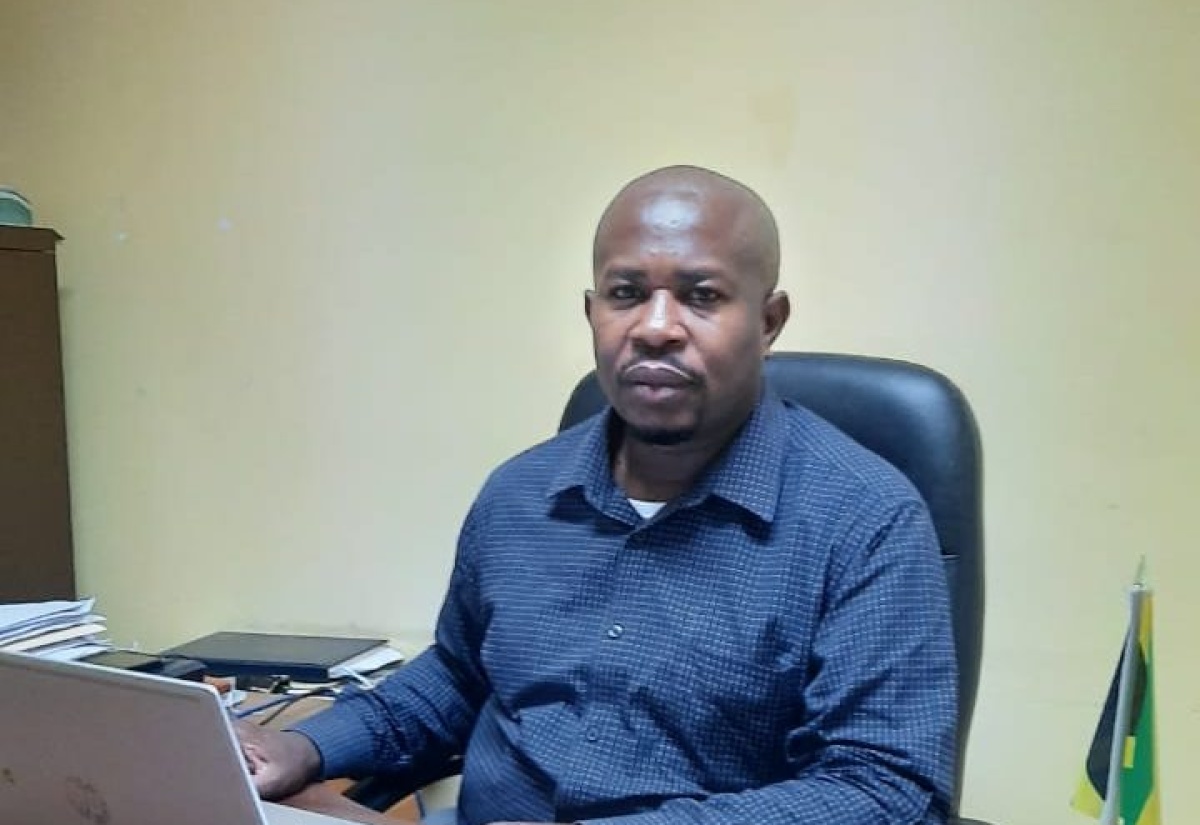CPFSA Ensuring Sustained Monitoring Of Child Care Facilities’ Operations During COVID-19
By: , November 16, 2020The Full Story
The Child Protection and Family Services Agency (CPFSA) continues to ensure that all State and privately operated child care facilities are adequately monitored, amidst the novel coronavirus (COVID-19) pandemic.
This is being done through the Monitoring Unit of the CPFSA’s Policy Planning and Evaluation Division.
The Unit’s Supervisor, Wayne Grant, told JIS News that their engagements also include monitoring youngsters in alternative programmes such as foster care, family reintegration, and supervision orders.
According to Mr. Grant, efforts are being made to increase the interaction with these facilities.
This, he said, in line with the Child Care and Protection Act (CPPA) and the Guidance and Standard of Care for Residential Child Care Faculties, which govern the facilities’ operations.
Prior to the COVID-19 pandemic, monthly physical visits were made to these facilities, which continues.
Additionally, follow-up telephone calls are made to ensure the Standards of Care are being observed.
Mr. Grant said the Guidance and Standard of Care protocol for residential facilities, which was developed out of the CCPA, is the working document that guides the facilities in their daily operations, to ensure that the children are properly cared for in accordance with the standards.
There are 29 standards to which the facilities must adhere. He disclosed that the main role of the Unit is to: ensure that there is compliance with the CPFSA’s Guidance and Standard of Care for RCCF.
Based on the monitoring findings, recommendations are made for best practice evidence-based approaches, and investigation of critical incidents within RCCFs and Alternative Care Programmes.
A critical incident is defined as any actual or alleged occurrence or situation that creates a significant risk of substantial or serious harm to the physical or mental health, safety or wellbeing of the child.
“When reports of critical incidents come to our attention, an investigation is conducted, and based on our findings, we then make recommendations in the best interest of the child and in accordance with the CCPA,” Mr. Grant informed.
He commended the staff at the facilities for their hard work, especially during the pandemic.
“We were anticipating a significant increase in reports of critical incidents. But I am happy to report that we have not seen what we have been expecting,” he said.
Mr. Grant pointed out, however that once there is a critical incident, whether it is absconding, medical hospitalization, or any form of abuse, it must be reported to the CPFSA within 24 hours.
“It is mandatory that they make contact with us, as this is in line with our Standards of Care,” he added.
The Unit also conducts sessions with personnel at the facilities to train them in the steps to be taken in response to any situation that may arise.
According to Mr. Grant, they are working to reduce the number of critical incidents within RCCFs through training and accountability as “one critical incident report of abuse, is one too many”.
He pointed out that because of the COVID-19 community spread, training has been impacted, resulting in a reduction in number of face-to-face sessions.
Mr. Grant indicated, however, that facilities recording increase reports of critical incidents are flagged for training.
“Virtual training is what we are working [with] to improve, as we ramp up our technology infrastructure,” he added.
Areas of training include: ‘Alternatives to Corporal Punishment’, ‘The Rights of the Child’, ‘Guidance and Standard of Care for RCCF, ‘CCPA’, ‘Critical Incident Protocol’, ‘Stress Management’, ‘Absconding Protocol’, and ‘COVID-19 in the Workplace’.
There are 43 private and 10 government operated child care facilities across the island.


